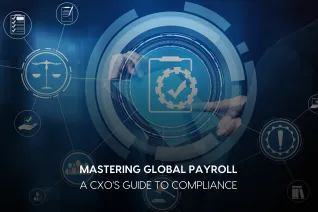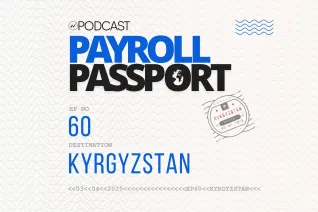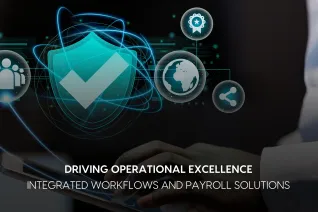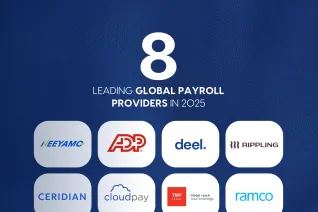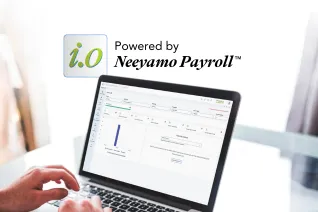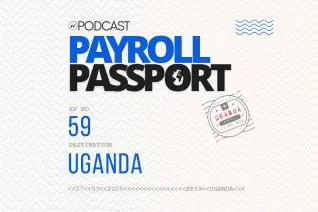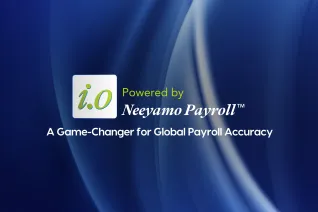3 rewarding ways how globalizing payroll prevents its disruption
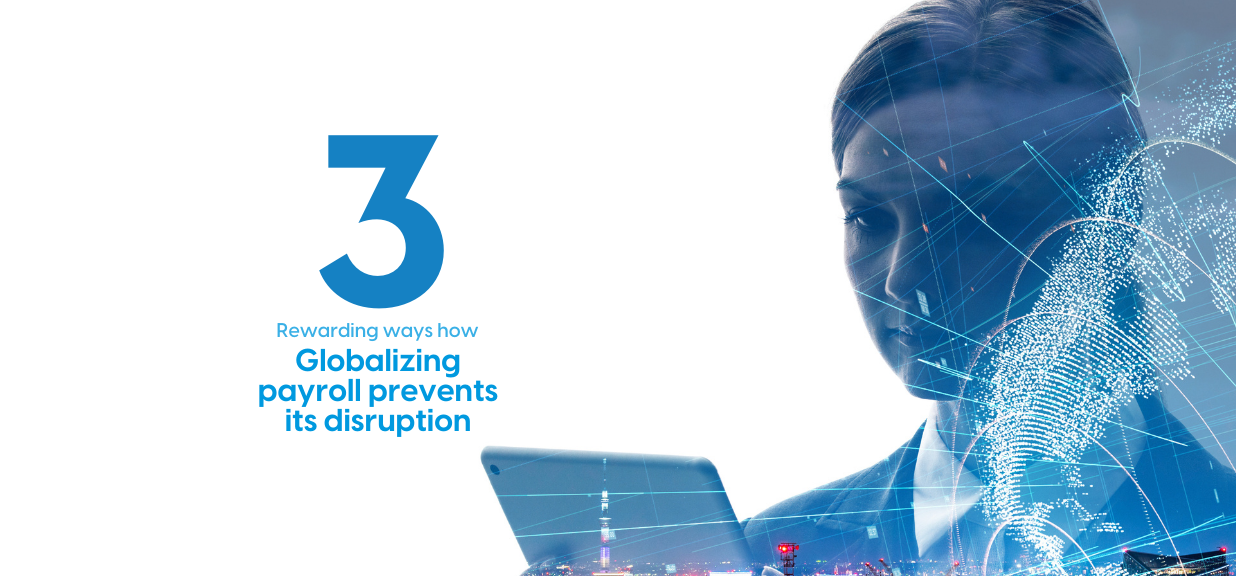
The COVID-19 pandemic has made us rethink normalcy and a lot is being discussed as to how organizations need to embrace resilience. Despite the unfavorable circumstances, there are areas where companies should never skip a beat – one of the key areas being payroll.
On the first day of the month, the first thing employees would want to see is an alert on their smartphones: “Your account has been credited with salary.” Now, how grateful should we be to our payroll professionals who work hard behind the screen for us to receive this notification! At this point, we would want to express our profound indebtedness to all payroll professionals that have been striving hard to provide something that is the lifeline of several families. Their commitment to relentlessly deliver payroll and maintain the financial health of employees amidst lockdowns is beyond compare.
Achieving globalization through a robust global payroll solution plays a major role in enabling payroll professionals deliver payroll. Several multinational organizations who had embarked on a successful globalized payroll journey are yielding the real dividends of their effective globalization strategy. The economic scenario is already proving that globalized payroll is not a mere strategy to adopt but the trump-card to prevent payroll’s disruption.
Let’s look at 3 key ways how globalizing payroll can ensure stable payroll service delivery amidst tough times.
1. Centralized and ‘on the cloud’ global payroll
Dynamically proactive organizations leverage their centralized and ‘cloudified’ global payroll systems with distributed service delivery capability to handle uncertain situations, in this case, a pandemic outbreak. Such systems offer a configurable and customizable payroll solution that works irrespective of the countries of operation. A successful international payroll strategy in place helps these organizations go a long way. Such a standardized strategy proves to be a more resilient one as opposed to a localized approach that utilized country-specific providers.
To put things into perspective, consider Italy. With the country-wide lockdown in place, imagine how employers in Italy would get their wages paid when payroll is being managed through a local payroll vendor. The vendor’s inability to process payroll in such a situation would make the employers face a losing battle, leading to a possible failure in wage garnishment. Eventually, this would end up in massive degradation of overall employee experience in that organization. But, with a single vendor with a centralized global payroll solution and a global business continuity program, payroll professionals are able to provide uninterrupted payroll.
2. Distributed Delivery
Service providers following a distributed delivery model manage global payroll with multiple payroll professionals working from multiple geographical locations. Hence, even in cases where payroll specialists in a particular country are not able to work efficiently due to various reasons, those from other countries are immediately brought into the picture to help deliver payroll solutions. You may wonder how payroll teams responsible for delivering in one country is able to help when there is a problem in another country. This is where cross-training helps.
In a distributed delivery model, cross-training payroll specialists helps to scale up and down as and when conditions demand. Consider Spain, a hotspot for coronavirus today. When such a country faces lockdown, a global vendor’s payroll teams in Mexico can work towards processing payroll to employees at Spain because of the fact that they have been cross-trained to support multicountry payroll processing.
3. Compliance, Control and universal Visibility
Global payroll compliance has always been an essential part of payroll management. In a crisis that demands a multitude of new regulatory updates, payroll compliance becomes even more important. Payroll professionals while managing payroll also ensure they comply with these regulations.
For example, with the updated Fair Labor Standards Act (FLSA), payroll professionals focus on paying two categories of employees – the exempt and the non-exempt. Let’s look at a few instances. The employer is not required to pay non-exempted employees if they perform no work on account of, for example, the employer closing the premises (1) because of an epidemic, (2) to prevent the disease spreading, or (3) for lack of work. In the case of exempted employees, organizations should pay them for all weeks in which work was performed, bound by usual exemptions. There are several other cases and corresponding implications also.
All these cases need to be necessarily analyzed and payroll processing needs to be appropriately carried out, irrespective of the employee count and geography. Dedicated payroll compliance teams proactively monitor regulatory updates and maintain a comprehensive inventory of laws and statutory regulations that affect global payroll. This inventory enables them to deliver payroll that complies with all the regulations that apply.
Also, with a truly global payroll solution, companies are empowered with complete process-visibility and control over the payroll processing value chain across all countries where they operate. A transparent payroll process enables comprehensive reporting and ensures companies deliver payroll while adhering to multicountry legislations.
In today’s disruptive economy, enterprises have the least time frame to react to a pandemic and bounce back to routine. This applies to all tricky areas other than payroll too. Leaders will be forced to develop a strong decision-making ability to handle similar crises that arrive at rapid speed and colossal scale. Hence, those with the most proactive HR systems will stay in the market and succeed in serving their purposes.
To learn more about a globalized payroll solution that offers uninterrupted global payroll services, do get in touch with us. Our payroll experts are listening and will be glad to assist you.
Latest Resources
Stay informed with latest updates
If you're curious and have a thirst for knowledge pertaining to the HR, payroll, and EOR universe, don't miss out on subscribing to our resources.




